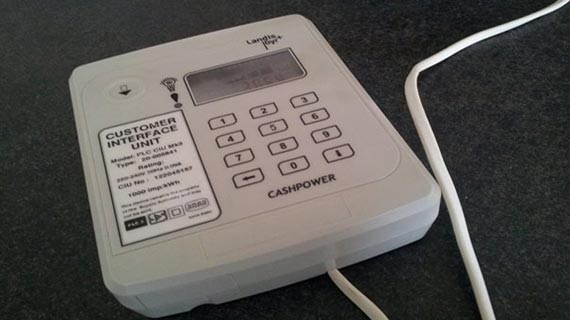
SMALLHOLDER farmers in Siganda in the Bubi district of Matabeleland North have cried foul over Zesa Holdings continued use of bill estimates saying it was impacting negatively on their irrigation projects. Nqobile Bhebhe Chief Reporter
The chairperson of iNkosikazi Irrigation Scheme, Bhekisani Ndlovu, told Southern Eye on Wednesday that they would prefer using pre-paid meters.
“Our major problem is that of Zesa, we wish we could be using cash power system because the current billing system is that of estimates. At times the bills are around $500 per month, but we have no clue how the figure was reached at. So we have no idea how much we should be paying,” Ndlovu said.
“We are also working on plans of changing from using electricity to pump water to that of a gradient system. As of now we have lost several crops such since we cannot water them as we have no electricity,” he said.
He said with cash power system it would be much easier to manage the project.
Ndlovu said they are drawing water from Mpofana Dam.
The Inkosikazi Irrigation scheme has a membership of 60 and started in 2004. 30 hectares are being cultivated at the scheme. Ndlovu said they sell produce mainly in eSiganda and Bulawayo. Sugar beans, maize, butter nuts, onions and tomatoes are mostly grown.
Zesa had for years been short-changing hard-pressed consumers by sending them estimated bills resulting in inflated bills despite intermittent power cuts that occasionally stretched for days or weeks in some areas. Consumers also complained Zesa bills were frequently late, making it difficult to budget for power consumption. However, Zesa has introduced pre-paid meter system in most parts of the country.
- Chamisa under fire over US$120K donation
- Mavhunga puts DeMbare into Chibuku quarterfinals
- Pension funds bet on Cabora Bassa oilfields
- Councils defy govt fire tender directive
Keep Reading
Zimbabwe is in the grips of perennial electricity shortages due to the diminished generating capacity of its ageing plants and lack of investment in new infrastructure. The country currently generates half of its 2 200 megawatt peak demand.
The introduction of pre-paid electricity platforms is an important demand-side management measure meant to guarantee revenue streams as users pay for power in advance, while also managing their consumption better.










